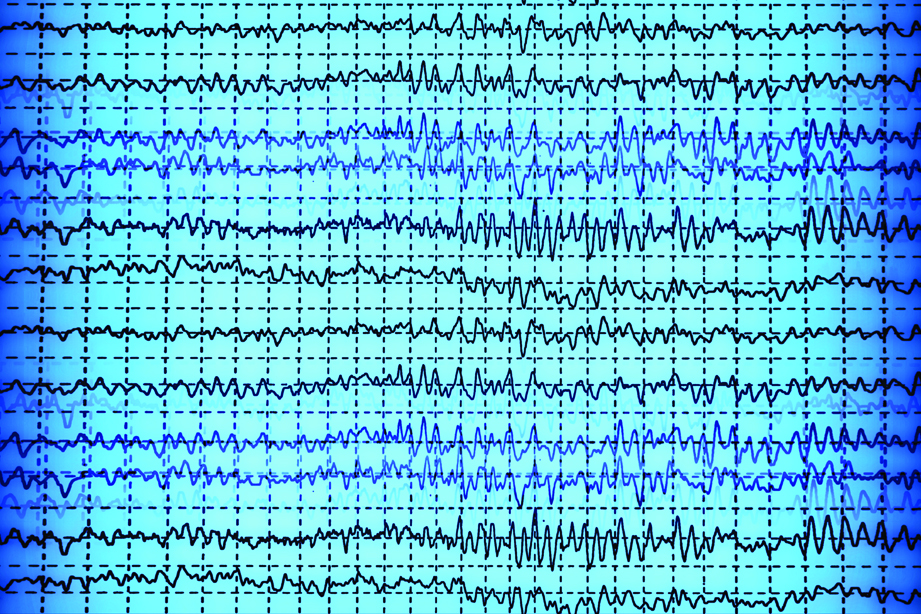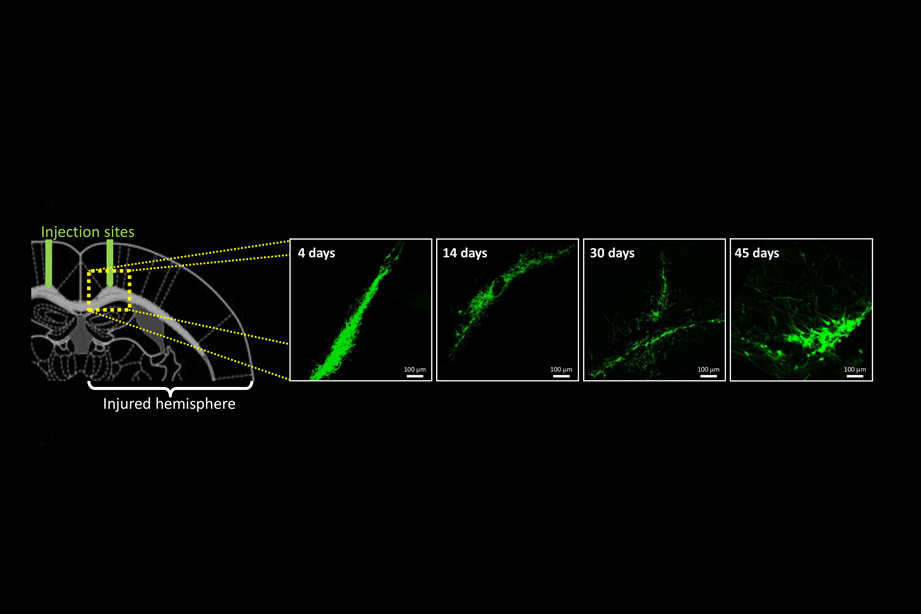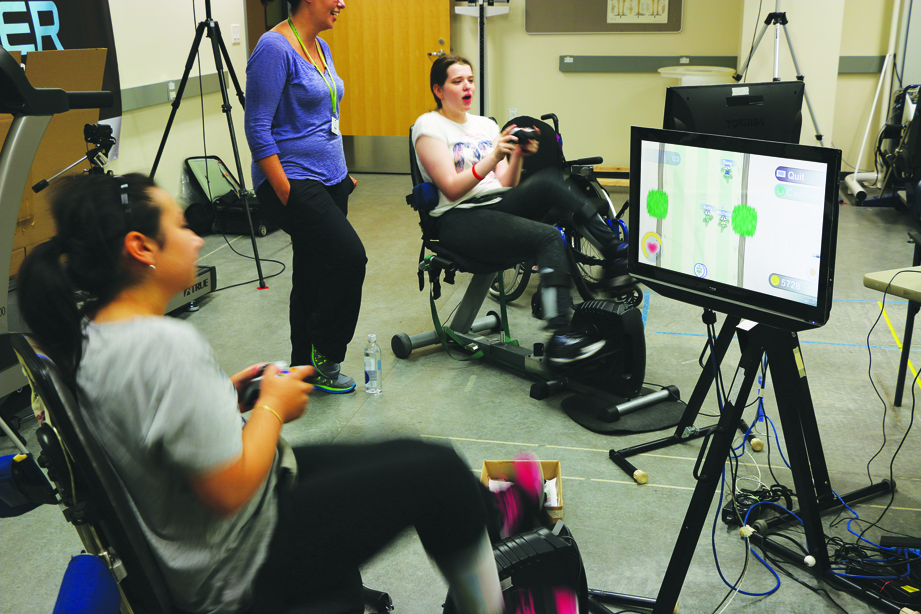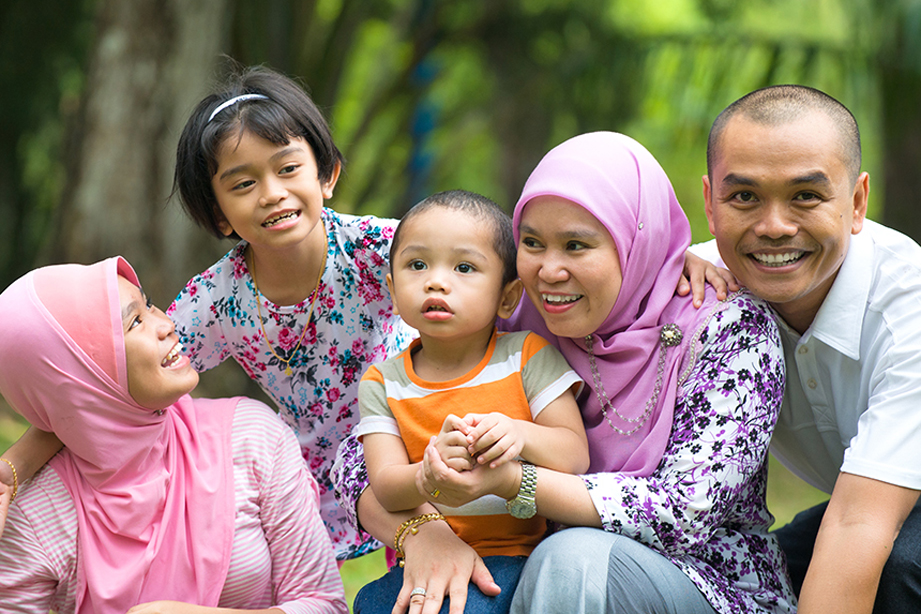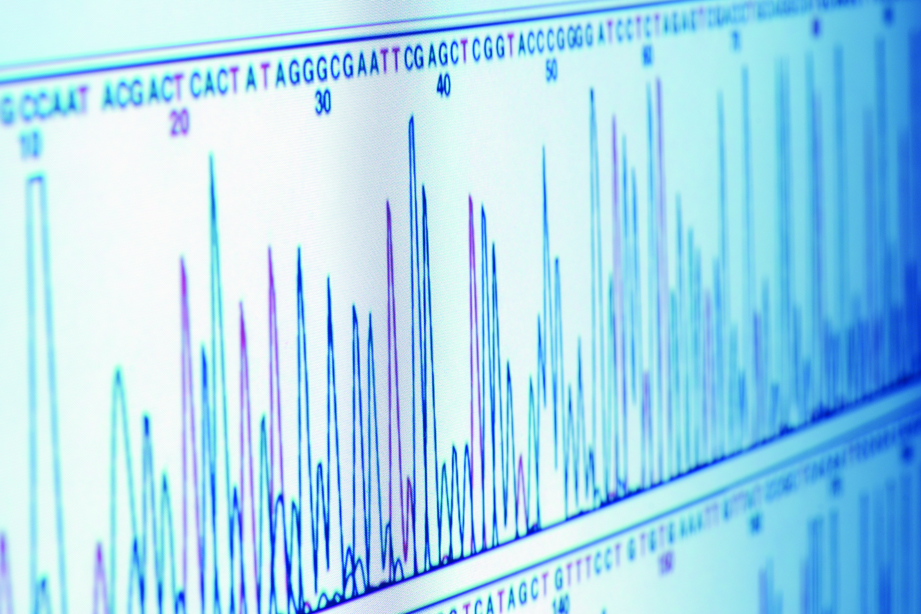Challenge The ability to better characterize the cellular mechanisms underlying brain dysfunction in FASD is vital to treat the disorder better. The purpose of this project is to provide a detailed understanding of these mechanisms as a means of possibly identifying novel targets for future drug development. Project Summary Studies have shown that prenatal alcohol [...]
World-Renowned FASD Database
Nicolas Turgeon-Morin2023-02-22T10:35:55-08:00Challenge There are still a lot of unknowns when it comes to FASD. First, the disorder presents in many different ways. It also remains unclear exactly how alcohol is impacting the brain and what factors contribute to its impact. Project Summary The Canada FASD Research Network National Dataform Project—a comprehensive database of individuals living with [...]
Screening and Intervention for Infants in Foster Care
Nicolas Turgeon-Morin2023-05-04T06:27:39-08:00Challenge A gap exists in policy and practice within child welfare systems, where infants in care are at risk for developmental delays and mental health issues. A screening and intervention program for these children is aiming to change the standard of care for this at-risk population. Project Summary The screening program targeted infants aged 0 [...]
Connecting Families with FASD Resources
Nicolas Turgeon-Morin2023-05-04T06:28:21-08:00Challenge When a child receives an FASD diagnosis, families are often left feeling isolated and unsure where to turn to next. A major challenge for caregivers is finding what resources exist to help their child and how to access them. Project Summary KBHN researchers worked with community partners to design the Fetal Alcohol Resource Program [...]
Transplantation of Neural Stem Cells Therapy
Nicolas Turgeon-Morin2023-05-04T06:29:06-08:00Challenge For most children with cerebral palsy (CP), their condition began before birth, likely due to a condition resulting in the delayed growth of the fetus. But ground-breaking findings from the CP research team, led by neurosurgeon Dr. Michael Fehlings, have demonstrated that neural stem cell therapy could be an option for treating CP. Project [...]
National Trials in Rehabilitation: Liberi-Exergame & dCTS Trials
Nicolas Turgeon-Morin2023-05-04T06:29:44-08:00Challenge New therapies for individuals with cerebral palsy (CP) with commercialization potential are emerging, but face barriers to a successful rollout. The CP Discovery Project evaluated two interventions. One was a videogame-linked stationary bicycle designed to improve fitness and social interaction. The other was a trial of direct electrical stimulation paired with therapy to improve [...]
Finding New Ways to Identify and Diagnose FASD in Young Children
Nicolas Turgeon-Morin2023-05-04T06:31:00-08:00Challenge The process of receiving an FASD diagnosis is costly and time-consuming—it requires a multidisciplinary team and several days of testing. Many children are not diagnosed until they are school-aged, despite strong evidence that early intervention (less than three years old) can help improve long-term outcomes. Finding a way to assess and identify children before [...]
Eye Movements to Screen for FASD
Nicolas Turgeon-Morin2023-05-04T06:31:52-08:00Challenge Children often wait a long time for an FASD assessment, which means it takes longer for them to access supports. A team led by Dr. James Reynolds (Queen’s University) is working to develop an assessment tool based on eye movements that could screen children for FASD so that interventions can be accessed sooner. Project [...]
Evaluating Learning and Attention-Related Comorbidities in ASD
Nicolas Turgeon-Morin2023-05-04T06:33:07-08:00Challenge Children on the autism spectrum commonly face learning and attention challenges, but the relationships between these deficits and ASD’s core impairments are poorly understood. If we knew more about the predictors of learning and attention disorders in people with ASD, we would gain a better idea of why they arise and how to help [...]
Genomic and Epigenetic Factors That Influence Development and Outcomes in ASD
Nicolas Turgeon-Morin2023-05-04T06:34:00-08:00Challenge Parents of children with Autism Spectrum Disorder (ASD) have long noticed that ASD aggregates within families, but may manifest differently amongst siblings. Researchers wondered how and why this occurred. Project Summary The team set out to examine gene-behaviour relationships of newly diagnosed children with ASD. The team hypothesized that multifactorial causes of ASD are [...]

